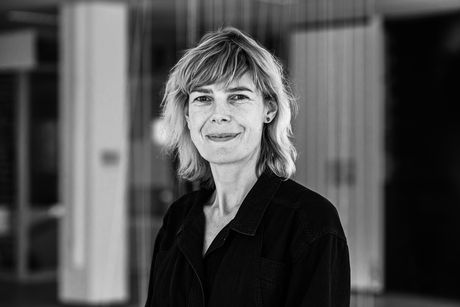"> Mission
"> Team
"> Board and General Assembly
"> Partners
"> Contact
Els Vervloesem

Els Vervloesem (° 1978, Leuven) is an architect, researcher, publicist and partner at Architecture Workroom Brussels. She graduated in 2001 as an architect from the Henry van de Velde Institute in Antwerp and in 2004 completed the post-initial Masters in Human Settlements at KU Leuven. From 2001 to 2005 she worked as a freelance architect at various architecture firms, including Luc Deleu and B-architects. From 2006 she worked as a researcher and teacher at the KU Leuven OSA research group and at the Architecture faculty of TU Eindhoven. In 2019, Els completed her doctoral research on the complex interaction between urban design and bottom-up urban development, with a focus on migration and the associated inclusion and exclusion processes. In 2015 she became a partner at Architecture Workroom Brussels.
Els deliberately works at the interface of theory and practice. She explicitly approaches architecture, urban design and spatial transformation processes from a socio-spatial perspective. In addition to scientific research into the public space, (social) housing, urban spaces and the agency of various types of city makers, she wants to actively contribute to translating necessary change processes into practice through her work at Architecture Workroom Brussels. The main focus of her work at AWB is socio-spatial studies. She works in constantly changing relationships with designers, urban planners, sociologists, pedagogues and anthropologists. As a project supervisor, Els is the driving force behind various projects and processes, in which major social challenges in the field of urbanisation, demographic developments and care and welfare issues are linked to intricate research and a process-oriented approach. Special attention is devoted to qualitative design and the involvement of the many parties that form part of the city. Through debates and publications, Els is involved in the social debate, with a specific focus on the role of design. She also assists local governments, public and private developers in the elaboration of complex projects and processes at various levels (building, neighbourhood, city, region) to use space as a lever for social change based on a substantiated vision and shared ambitions.